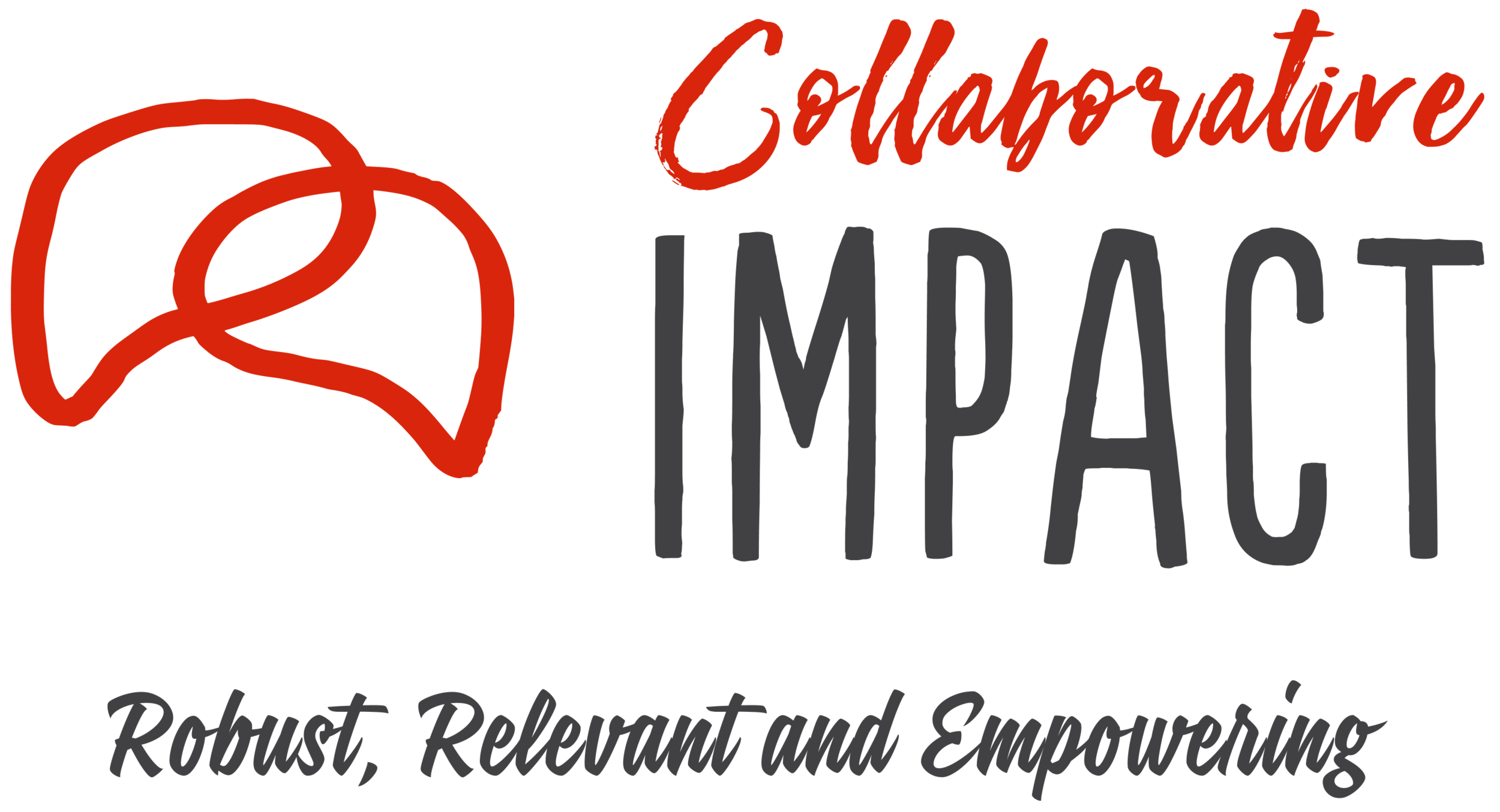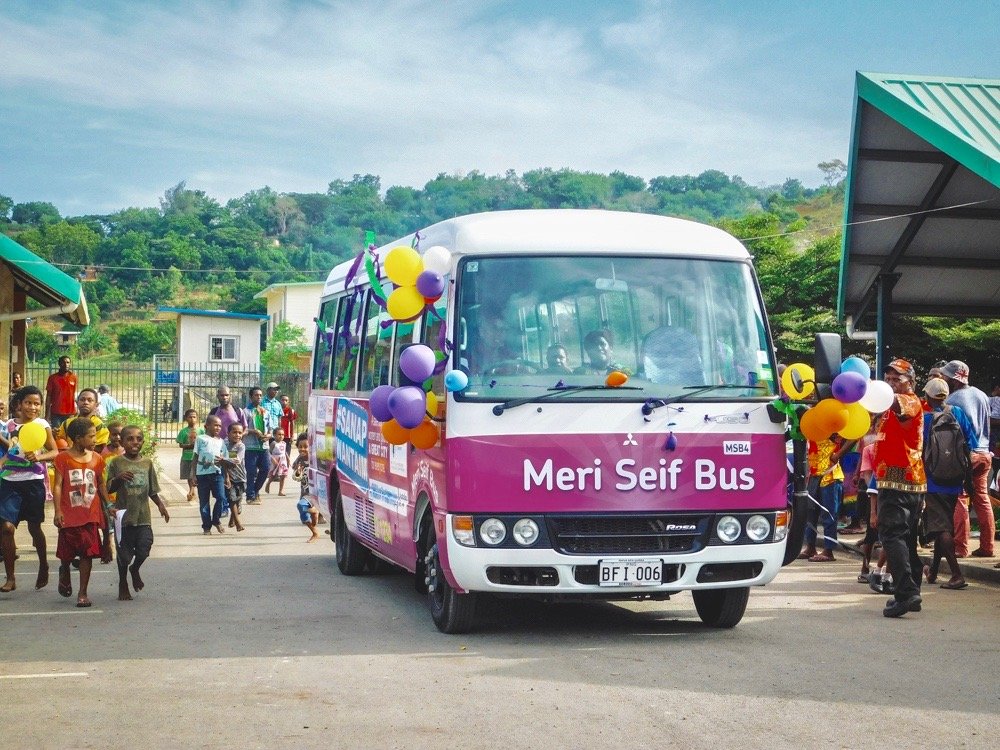PIALA-BASED EVALUATION OF MAKING PAPUA NEW GUINEA’S CAPITAL A SAFE CITY FOR WOMEN AND GIRLS
Assessing the performance and impact of UN Women’s flagship initiatives to combat Violence Against Women and Girls (VAWG) in Port Moresby (Papua New Guinea)
Client
UN Women
Period
2018 - 2019
Services
Evaluation
Location
Papua New Guinea (PNG)
Areas
Social Justice and Empowerment,
Migration and New Settlements
From October 2018 to April 2019, Collaborative Impact colleagues and a team from Papua New Guinea’s National Research Centre (NRI) conducted a comprehensive end evaluation of UN Women’s ‘Port Moresby: A Safe City for Women and Girls’ Programme as part of its ‘Safe Cities and Safe Public Spaces’ Global Flagship Initiative.
The evaluation centred on Port Moresby, the capital of Papua New Guinea (PNG), which is experiencing rapid growth due to rural migration in search of employment, and extreme high levels of violence against women and girls (VAWG) and in particular sexual violence/harassment (SV/H).
Women and girls are in the majority in the informal market economy and are also the most frequent users of public transport to/from markets, schools and migrant settlements. This is where the highest numbers of reported VAWG (particularly SV/H) occur.
Over the course of 7-8 years, UN Women’s UN Women's 'Port Moresby: A Safe City for Women and Girls' Programme sought to advance women’s and girls’ social, economic and political rights and empowerment, by:
Making markets and public transport systems safer;
Fostering behavioral change among youth in schools and migrant settlements; and
Promoting community referral and mentoring services (CRAMS) for SV/H survivors.
In July 2018, UN Women asked Collaborative Impact colleagues to conduct an end-of-term evaluation of the programme, with the objectives to:
Provide an independent account of the programme’s relevance and impact contribution, gender and human rights sensitivity, partnerships and management; and
Advance learning among programme partners about multi-sectoral and evidence-based strategies for addressing VAWG, particularly SV/H, in urban settings.
To address the complexities of urban markets, public transport, and migrant settlement networks as intricate systems, the evaluation adopted a tailored PIALA-based approach. Engaging 360 stakeholders from Port Moresby, PNG—including market vendors, bus drivers, passengers, city government officials, NGOs, donors, and community activists—the evaluation integrated diverse experiences and perspectives into its findings and recommendations.
The evaluation adhered to UNEG Ethical Guidelines and was guided by the WHO recommendations for research on VAWG and SV/H. This ensured a focus on consent, confidentiality, safety, responsiveness to assistance needs, and the prevention of any harm to both the participants and the researchers.



